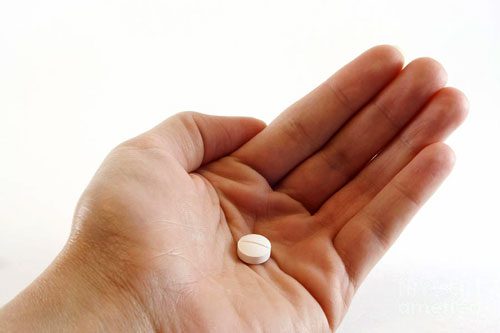pill
The Morning After Pill is a so-called emergency contraceptive that can be taken within the first 72 hours after intercourse to prevent pregnancy.[1] The Morning After Pill is a high dosage of the birth control pill, and when it is used properly, it prevents or ends pregnancy.[2] Typically, each kit includes a pregnancy test, pills and an information book.
A PREGNANCY TEST IS INCLUDED WITH THE MORNING AFTER PILL. WHY?
The Morning After Pill comes with a pregnancy test. No urine pregnancy test will show positive until 7 to 10 days after conception; therefore, a positive pregnancy test at this point means that the woman is pregnant from an earlier sexual encounter. The instructions in the kit say that “it will give you ‘peace of mind’ to know you are not pregnant from sex earlier in the month or in previous months.” The literature provided in the kit states over and over that women who are pregnant should not take the pills. The effects of doing so are not known because no direct studies have ever been done.

New Warning: Morning-After Pill Doesn’t Work for Women Over 176 Pounds
Women who have a body mass index (BMI) of more than 25 should not rely on levonorgestrel (Emergency Contraception) as an effective emergency contraceptive. [10] The manufacturer the morning-after pill, warns women that the drug is completely ineffective for women who weigh more than 176 pounds and begins to lose effectiveness in women who weigh more than 165 pounds (in a country where the average woman weighs 166.2, according to the Center for Disease Control).
ARE THERE OTHER NAMES FOR THE MORNING AFTER PILL?
Yes. Although Plan B® is the most common brand of the Morning After Pill, there are other brand names as well. You may know the Morning After Pill by the names Ovrette®, Cryselle® and Alesse®.
HOW DOES THE MORNING AFTER PILL WORK?
Depending on what brand you use, a set number of pills need to be taken within the first 72 hours, followed by more pills 12 hours later.3 According to where you are in your menstrual cycle, the pill could affect you in three different ways:
1. Ovulation will be prevented if you haven’t already started ovulating (the egg will not be released to meet with the sperm.)
2. Your normal menstrual cycle will be altered, delaying ovulation (the release of the egg from the ovary.)
3.If the egg has already been released, the lining of your uterus will become irritated, and this irritation will interfere with the ability of the fertilized egg to implant in your uterus. (Your body will reject the baby, and he/she will die.)[3]
ARE THERE HEALTH RISKS?
Yes. There are both short-term and long-term side effects to taking the Morning After Pill. Short-term side effects may include:
- Nausea and vomiting
- Irregular and unpredictable menstrual periods
- Breast tenderness
- Blood clots
LONG-TERM SIDE EFFECTS MAY INCLUDE:
- Ectopic pregnancy (when the fertilized egg implants in the fallopian tube)
- Infertility – Infertility can also be caused by certain STDs. It is important to remember that the Morning After Pill does not protect you from any sexually transmitted diseases (STDs).[4]
- While there are no long-term studies to show whether women will be permanently damaged by the Morning After Pill, women who take the Morning After Pill do put themselves at risk for such diseases as cancer from these chemicals being given in such high doses.[5]
IT WOULDN’T BE LIKE I WAS GETTING AN ABORTION … RIGHT?
If an egg has been fertilized (conception), and you take the pill, the pill will work to prevent the egg from implanting in your uterine wall. IF THIS HAPPENS, AN ABORTION WILL OCCUR, because the egg has already been fertilized. The fertilization of an egg can occur as early as 15 minutes after intercourse.[6] The fertilized egg contains all 46 human chromosomes. These chromosomes are the complex genetic design that will determine the hair, sex, eye color, skin tone and height of a child.[7]
If the Morning After Pill is taken after the egg is fertilized, the egg may not be able to implant because of the effects that the hormones in the Pill have on your uterine wall. If these are the circumstances inside your body when you take the Morning After Pill, the Pill is “not a contraceptive; it’s a very, very early abortifacient drug.”[8]

References
1. CARENET, “Emergency Contraceptives – Three Methods,” 2000.
2. http://www.morningafterpill.org/.
3. CARENET, “Emergency Contraceptives – Three Methods,” 2000.
4. Ibid.
6. D.C.R., “The Best Kept (ugly little) Secret in America,” The Post-Abortive Review, Sept-Dec. 1998, 3.
7. “The First Nine Months,” Focus on the Family LF177, 3.
8. Ibid
9.Chase, Emily. “Preven…’Morning After’ or Mourning After?” LifeNotes, Fall 1998.

